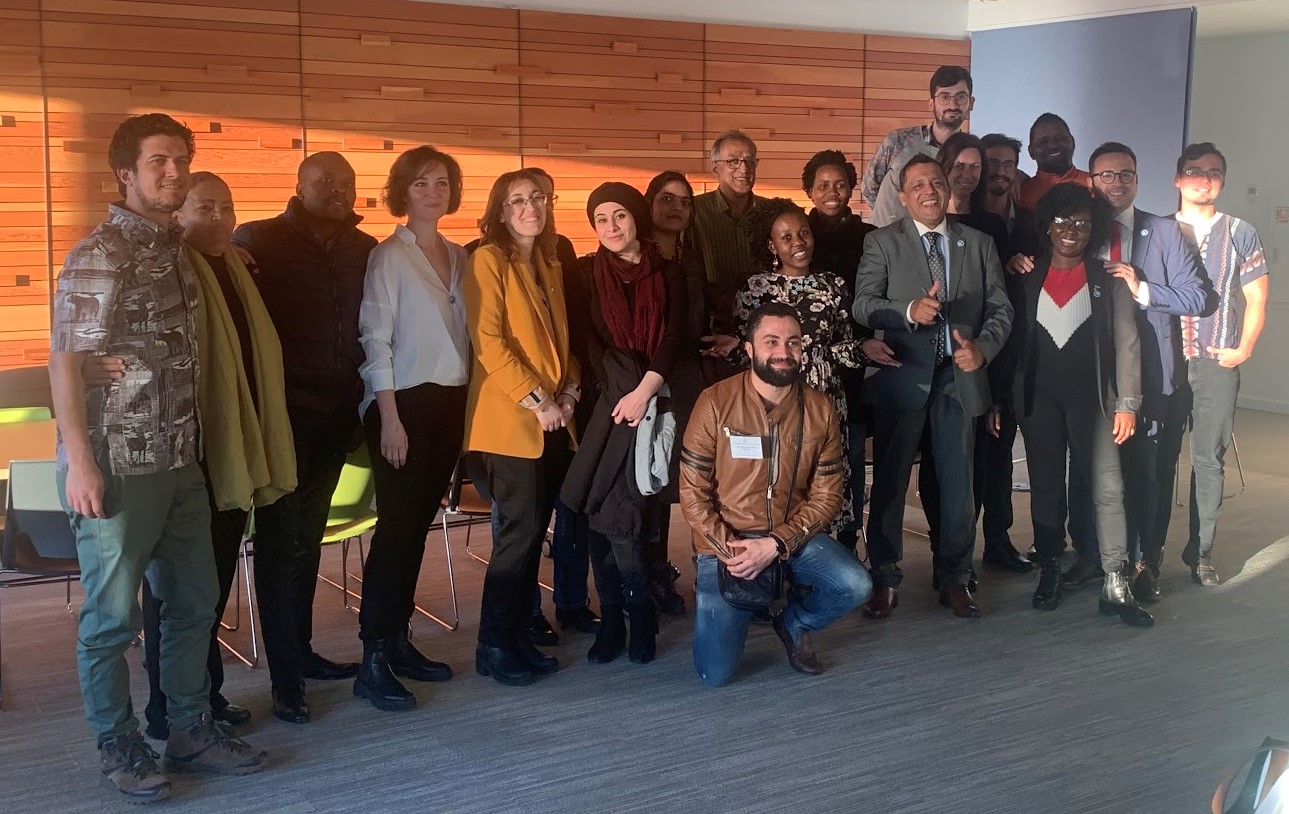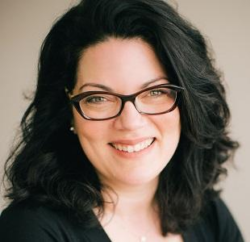Community Spotlight Series: Seattle University’s Nonprofit Leadership Program
August 17th, 2020
In February 2020, the World Affairs Council welcomed a group of 19 international visitors representing 19 countries spanning four continents to Seattle to learn more about Non-Governmental Organization (NGO) Management. Through the U.S. State Department’s premier professional exchange program, the International Visitor Leadership Program (IVLP) (currently celebrating its 80th anniversary), these visitors were able to participate in meaningful discussions with nonprofit leaders across the United States, and experience different perspectives and practices related to NGO management. In Seattle, the World Affairs Council connected these visitors with three local partners within the nonprofit sector to help foster new discourse around the implementation of nonprofit work in the United States and around the world. From executive directors to lawyers, these international leaders built lasting professional connections and friendships with their U.S. counterparts, while also promoting citizen diplomacy; making the world smaller and expanding the impact of their work.
Over the course of two days, the IVLP visitors met with Seattle Works, a local nonprofit working to connect volunteers, develop leaders, and build community while advancing an anti-racist mission within their organization and the community. Maren Mentor, the U.S. State Department Liaison accompanying the visitors, provides an inside look into the meeting:
“Mr. Reuler’s [Executive Director of Seattle Works] insights on the importance of a diverse and engaged board of directors really struck a chord with the visitors. Their questions went towards composition and best practices, and instead of handing out a cookie cutter plan, he reminded the group to remain flexible, as their needs of an organization change with size, setting, and cause.”
Next, they participated in an in-depth discussion with faculty from the Nancy Bell Evans Center on Nonprofits & Philanthropy (NEBC) at the University of Washington, where they explored current research findings that work to strengthen organizational management and leadership, support cross-sector collaboration, and improve policy. Mentor shares:
“Professor Akhtar Badshah prepared a presentation offering valuable references to books, workshops, links and articles, ending in an invitation to a four-day seminar on Accelerating Social Transformation in September. The visitors also took the opportunity to ask his advice on their planned “IVLP NGO.”
 IVLP participants and Professor Akhtar Badshah at the Seattle Foundation after a rich discussion on NBEC research and cross-sector collaboration. Feb. 2020.
IVLP participants and Professor Akhtar Badshah at the Seattle Foundation after a rich discussion on NBEC research and cross-sector collaboration. Feb. 2020.
The last partner to meet with the IVLP group and the focus of this article is, Dr. Maureen Emerson Feit, Director of the Nonprofit Leadership Program at Seattle University (SeattleU). During this meeting Dr. Feit led a discussion on the latest in leadership and management theory and the practical skills required of nonprofit leaders. Dr. Feit teaches courses on the foundations of the nonprofit sector, social justice, community-based research and evaluation. Her academic work is influenced by her background growing up in a segregated Virginia, her international experiences in France, Morocco and Vietnam, and her interest in the challenges and opportunities of working within mission-driven organizations in Washington State. Maren notes:
“Dr. Maureen Emerson Feit and three of her students, at various levels of NGO experience, introduced the group to the curriculum for the “Master of Nonprofit Leadership” and the fundraising certificate...The visitors were curious about all aspects of the curriculum, including scholarship opportunities, which the speaker elaborated upon. Learning about the students’ background and how they were putting into practice what they had learned in their studies was quite inspiring to our visitors.”
Reflecting on the discussion with the globally-diverse IVLP group of nonprofit professionals, Dr. Feit (pictured below) shares how this experience impacted her and her students:
 “It is such a joy to hear what people are motivated by, what they are troubled by, what they are seeing, and what they want to achieve...these discussions have allowed us to think deeply about how we can share resources with [IVLP participants], and how our students can learn [from these international visitors] and get out of the Seattle bubble.”
“It is such a joy to hear what people are motivated by, what they are troubled by, what they are seeing, and what they want to achieve...these discussions have allowed us to think deeply about how we can share resources with [IVLP participants], and how our students can learn [from these international visitors] and get out of the Seattle bubble.”
She goes on to express that, “we are in a really interesting moment...especially in the U.S....There have been powerful questions about how nonprofits not only cure or mitigate inequality, but actually perpetuate inequality, and from the conversations with folks from all over the world, you receive a broader picture highlighting where we’re falling short, and how creative and persistent people are being [in solving] some of the world’s hardest problems.”
Lastly, Dr. Feit provides insight into issues that non-profit and NGO professionals are facing around the world:
“People are talking about what it means to really be serving women and girls in places where girls don’t have equal access to education, or what it means to be serving immigrants and refugees in camps when you’re in a country that is expressing increased xenophobia. There is the question of resources and how we do this work when we’re rarely given adequate resources.”
 In taking the time to interact with and welcome IVLP groups to Seattle University, Dr. Feit feels a sense of service and justice. She believes that she has the “opportunity and the privilege to reflect on what it means to be working in civil society and civic organizations,” and to actively engage in reciprocal conversations provided by meeting with IVLP participants. Dr. Feit’s observation perfectly reflects the beauty of the IVLP and similar exchanges. Senator J. William Fulbright, the champion of international exchanges in Congress wrote, "The essence of intercultural education is the acquisition of empathy--the ability to see the world as others see it, and to allow for the possibility that others may see something we have failed to see, or may see it more accurately."
In taking the time to interact with and welcome IVLP groups to Seattle University, Dr. Feit feels a sense of service and justice. She believes that she has the “opportunity and the privilege to reflect on what it means to be working in civil society and civic organizations,” and to actively engage in reciprocal conversations provided by meeting with IVLP participants. Dr. Feit’s observation perfectly reflects the beauty of the IVLP and similar exchanges. Senator J. William Fulbright, the champion of international exchanges in Congress wrote, "The essence of intercultural education is the acquisition of empathy--the ability to see the world as others see it, and to allow for the possibility that others may see something we have failed to see, or may see it more accurately."
The World Affairs Council would like to thank Dr. Feit and Seattle University for continuing to meet with IVLP leaders and playing a critical role in building a more interconnected and empathetic global community!
New to the Community Spotlight Series? Check out our previous Community Spotlights recognizing our amazing community partners and highlighting the lasting impact of international exchanges!
By Avery Closser, Intern, International Visitor Program and a recent graduate from the University of Puget Sound, where she received her B.A. in International Political Economy and Spanish.